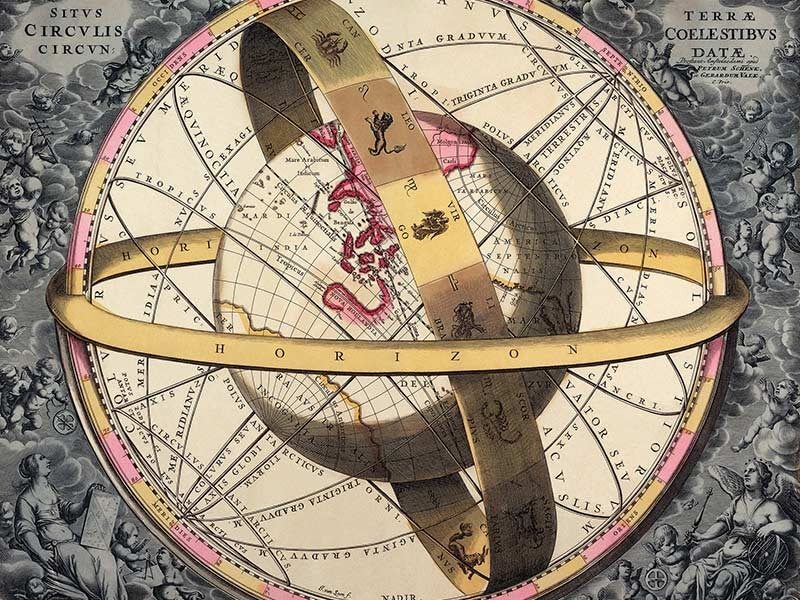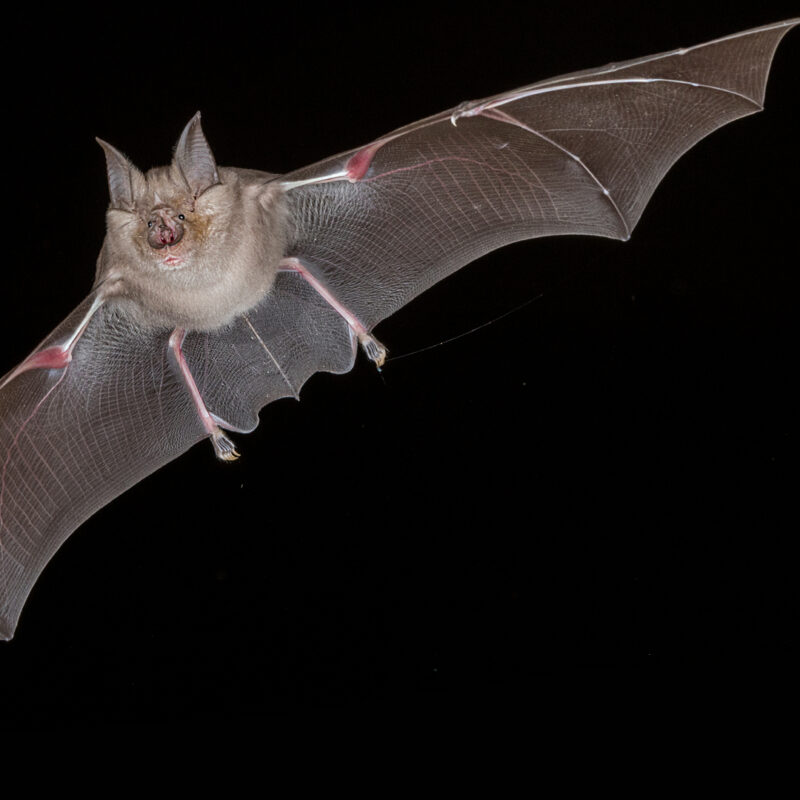description:
“All human beings, by nature, desire to know.” —Aristotle, The Metaphysics. For well over 2,000 years, much of our fundamental “desire to know” has focused on the area we now call science. In fact, our commitment to science and technology has been so profound that these now stand as probably the most powerful of all influences on human culture.
episodes:
01. Beginning the Journey
This introductory lecture asks fundamental questions about the nature of science and its development, its importance to human civilization, and the reasons for studying its history. This lecture also introduces themes that will recur throughout the course and provides an overview of the epochs and subjects to be covered.
02. Babylonians, Egyptians, and Greeks
This lecture explores the origins of man’s study of the natural world. The Babylonians, with their complex mathematics and astronomical observations, and the Egyptians are considered first. We proceed to the earliest Greek thinkers and consider their first “scientific” theories about the natural world and how these were distinct from earlier ways of envisioning and conceptualizing the world.
03. The Presocratics
Several Greek philosophers before the time of Socrates (d. 399 B.C.) grappled with issues that laid the foundations of Western natural philosophical thought and method: What is the world made of? Where did things come from? Do our senses show us reality? We study their explanations for the physical changes around us, their ideas on the origin and end of the world, and the new concept of atoms. We consider how the influence of Presocratic ideas has resounded in Western thought ever since.
04. Plato and the Pythagoreans
Plato, a student of Socrates, was one of the most influential thinkers in history. This lecture recounts his responses to Presocratics and his contemporaries. Key to understanding Plato and his scientific impact is his view of reality and how it affects the value he places on observation, the nature of true knowledge about the world, and how that knowledge is to be acquired. The influence of the secretive Pythagoreans is important both directly on Plato and through him, to the relationship between mathematics and the study of the natural world.
05. Plato's Cosmos
This lecture begins with a study of Plato’s Timaeus; he describes the cosmos and its creation, its fundamental building blocks, human anatomy, and other scientific topics. Plato’s interests are not only natural philosophy but also ethical and social. Partly on account of Timaeus, the pagan Plato found acceptance among Christians, Muslims, and Jews and was, thus, enormously influential in a range of areas.
06. Aristotle's View of the Natural World
Like his teacher Plato, Aristotle had tremendous impact on the development of natural philosophy. This lecture introduces Aristotle, his writings, and his ideas as a response to his predecessors, the Presocratics and Plato. We focus on Aristotle’s views on the value of observation, the nature of change, the composition of matter, and what constitutes real knowledge. The characterization of Aristotle as a “biologist” helps to make sense of his worldview, contrasted with the modern worldview based instead on physics.
07. Aristotelian Cosmology and Physics
This lecture looks at Aristotle’s impact and activity in cosmology, physics, and dynamics, bearing in mind his key interest in biology as a means of explaining his intentions. We explore the structure of Aristotle’s cosmos, show how this relates to his physics of motion. We conclude by demonstrating Aristotle’s system to explain everyday observations.
08. Hellenistic Natural Philosophy
Like Plato, Aristotle founded a school, the Lyceum, in Athens that perpetuated his work and ideas. This lecture also surveys the wider world of Hellenistic science that developed in the expanded Greek world created by Aristotle’s student Alexander the Great. Emphasis is paid to Alexandria, with its great library and museum, and to the work and legends of Archimedes.
09. Greek Astronomy from Eudoxus to Ptolemy
This lecture examines the development of systems of astronomy, from Eudoxus and other followers of Plato to the one proposed by Claudius Ptolemy in Alexandria during the 2nd century A.D. We examine how and why these systems were devised and used. The differences in goals and claims between classical and modern astronomy are highlighted.
10. The Roman Contributions
The Romans produced a staggering civilization that was very different from the Greeks. In this lecture, we explore the differences in their scientific work. The Romans’ most notable achievements were in technological advancements rather than the more speculative sciences of the Greek world. We explore the intellectual status of technology as well as how the pursuit of science responds to the needs and temper of a society rather than developing according to a notion of “progress.” We examine several case studies of Roman engineering and technology.
11. Roman Versions of Greek Science and Education
A more formal system of education was one development of the Roman world, and that system set the standards for the next 1,500 years. A related development was the spread of Greek science for Roman readers, such as Lucretius’s verse recapitulation of Epicurean atomism, On the Nature of Things. The initiation of the “encyclopedia” tradition is also part of the Roman contribution, such as Pliny the Elder’s massive Natural History.
12. The End of the Classical World
After a long period of decline, the city of Rome fell to barbarians in A.D. 476. This lecture visits that time and immediately after to see what scientific and philosophical thought was saved from the wreck of classical civilization—how, why, and by whom. The rise of Christianity is key at this point. We address why the Middle Ages inherited only what it did from the Classical world. This topic asserts consideration of the cultural factors on which the continuance of science and technology depends.
13. Early Christianity and Science
The Christian Church developed within pagan Classical culture and had to come to terms with its intellectual legacy. This lecture examines the debates over what Christians should accept from pagan learning, particularly in science. What natural philosophy did Christians and Christianity require? Special attention is given to the arguments and proposals offered by St. Augustine of Hippo.
14. The Rise of Islam and Islamic Science
The origin of Islam in the early 7th century and its rapid spread across Asia, Africa, and into Latin Europe gave rise to a vibrant civilization that eagerly adopted and extended Greek natural philosophical and other thought. This lecture outlines the rise of Islam, why Greek science was valued by early Muslims, and the institutional and social features that encouraged the translation of Greek texts into Arabic.
15. Islamic Astronomy, Mathematics, and Optics
Scholars in the Islamic world built extensively on the scientific foundations they adopted from the Greeks. This lecture examines some of the developments in the mathematical sciences and notes how these sciences were integrated into Muslim society. Various theories of vision are examined, and some contributions of medieval Muslim scholars still visible in modern science are also noted.
16. Alchemy, Medicine, and Late Islamic Culture
Islamic contributions to the Hellenistic study of chemia not only created the word alchemy but also laid the foundations for the development of chemistry. Islamic medical discoveries and writings were significant and proved influential in later periods. We look at the natural philosophical and intellectual components of two groups of Arabic thinkers, the falasifa and the mutakallimun. We examine the reasons given by scholars for the decline of Islamic intellectual pre-eminence in the 13th century.
17. The Latin West Reawakens
Despite sporadic attempts to reignite Latin culture during the early Middle Ages, only in the 12th century did sustained development appear. We look at the “Renaissance of the 12th Century” and the great Latin translation movement, when Latin European scholars eagerly plumbed the intellectual wealth of the Islamic world.
18. Natural Philosophy at School and University
In the history of science, the settings of scientific studies and the institutions that sponsored them are of great interest. We look at the changing nature of such institutions. Noteworthy are the monastic and cathedral schools, the origins of that great medieval institution, the university. We examine universities, what it was like to be a student or professor, and what the place and content of scientific studies were. Who took part in the study of the natural sciences, and why?
19. Aristotle and Medieval Scholasticism
The works of Aristotle were some of the most influential the Latin West reacquired from the Islamic world. Aristotelian investigative methods gave rise to the system of Scholasticism, and university curricula were highly dependent on Aristotle. Yet he was a pagan who held views contrary to Christian doctrine. We look at the fate of Aristotle in the medieval Christian world, and the way his natural philosophy developed within Christian theology.
20. The Science of Creation
The origin of the world has always been a topic for scientific inquiry. This lecture examines some approaches to this question from the Middle Ages. Although the creation by God of the world out of nothing was an undoubted article of faith, medieval natural philosophers strove to understand the natural causes at work in creation and how God organized his creation. In this lecture we examine the fascinating Hexameral literature, commentaries on the first chapters of Genesis, used by medieval thinkers for investigations into natural philosophy.
21. Science in the Orders
The monastic orders were preservers and promoters of natural philosophical (and other) learning since late antiquity. But the major new orders of the Middle Ages—Franciscans and Dominicans—developed new natural philosophical outlooks and programs as part of their theology. This lecture looks at these two orders, their origins, their distinctness, and the scientific work of Roger Bacon among the Franciscans and St. Albert the Great among the Dominicans, and others.
22. Medieval Latin Alchemy and Astrology
Alchemy and astrology, sometimes dismissed as pseudosciences, were seriously pursued by learned scholars in the Middle Ages. Alchemical texts first came to the Latin West from the Islamic world, but by the 13th century, original Latin treatises were being written. Some show important innovations in matter theory and practical processes. Astrology offered the hope of an anchor in an uncertain world, providing warnings of sickness or danger for individuals, as well as states. This lecture surveys the developments in this often-obscure field.
23. Medieval Physics and Earth Sciences
This lecture looks at medieval developments in astronomy and the physics of motion. Examples show how medieval questions could have surprising results; how medieval natural philosophers used and disagreed with Aristotle; and how results of medieval speculation and calculation laid the foundations of the modern science of kinematics.
24. The Middle Ages and the Renaissance
Trying to put labels to historical periods is tricky. But many thinkers from the 15th to the 17th centuries saw themselves as initiating a new period of civilization, including in scientific areas. The Italian Renaissance often claimed to be a clean break from the Middle Ages—a time so demonized that rhetorical extravagances about it are still heard today. This lecture looks at features that characterize the Italian Renaissance (and the subsequent Scientific Revolution) and what they meant in terms of worldview and scientific activity.
25. Renaissance Natural Magic
One aspect of Renaissance natural philosophy was the rise of “natural magic.” Its goal was to understand the correspondences and powers God had implanted in the world and to make use of them, but relied on topics in science and technology. This lecture showcases three “magi” of the Renaissance: Agrippa von Nettesheim, the humanist author of a major compendium of magic; Paracelsus, the hot-tempered Swiss medical writer and iconoclast; and John Dee, the English mathematician who asked angels to tell him the secrets of God’s creation.
26. Copernicus and Calendrical Reform
The Scientific Revolution is considered to commence with the 1543 publication of Copernicus’s On the Revolutions of the Heavenly Orbs, which promoted a Sun-centered rather than Earth-centered cosmos. This lecture looks at the content and reception of Copernicus’s ideas, its effects on astronomy and physics, and at a related development, the reform of the calendar under Pope Gregory XIII.
27. Renaissance Technology
The Renaissance is well known for its explosion of artistic styles; less well known is the equal (and related) burgeoning of new technologies. This lecture looks at developments in mining and refining, military engineering, and other areas, and pauses to watch the late 15th-century’s “Great Project,” the moving of the 360-ton Vatican obelisk to the center of St. Peter’s Square.
28. Tycho, Kepler, and Galileo
The years around 1600 saw tremendous changes in astronomy. Tycho Brahe’s precision in measuring planetary positions partly fueled Johannes Kepler’s astronomical discoveries. Kepler’s desire to find the hidden harmonies in the planetary system provided a basis for modern celestial dynamics. About the same time, Galileo turned a new instrument, the telescope, on the heavens and saw amazing things never before seen by man. This lecture examines these characters, their context, their work and their impact.
29. The New Physics
The new views of the cosmic system required a new physics—Galileo knew that what he saw through the telescope signaled the end of the Ptolemaic and Aristotelian systems. We explore Galileo’s attempts to create a new physics while emphasizing the new methods, goals, and worldview embodied in his system, and how this brought him into conflict with the church. We look at parallel developments in physics, particularly William Gilbert’s work on magnetism and its impact.
30. Voyages of Discovery and Natural History
Throughout the early modern period, voyages of discovery westward to the Americas and eastward to Asia brought back stories of new lands and peoples and samples of strange new minerals, flora, and fauna previously unknown to Europe. This lecture looks at how natural history changed as a result and the new way the natural world began to be viewed. This lecture also describes the natural history method of studying the world—an innovation propounded by Francis Bacon.
31. Mechanical Philosophy and Revised Atomism
A major new concept of 17th-century natural philosophy was mechanical philosophy, an expressly anti-Aristotelian system that envisioned the world as a great machine functioning like a clockwork. Although the mechanical philosophy seemed to provide explanations of natural phenomena, it was not without problems—perhaps most crucially in its theologically unacceptable potential consequences. This lecture explores some versions of the mechanical philosophy in the work of Pierre Gassendi, René Descartes, Robert Boyle, and others.
32. Mechanism and Vitalism
Mechanical ways of thinking about the world were popular in the 17th century, but there were other options and hybrid systems from which to choose. This lecture examines the coexistence of mechanical and vitalistic conceptions in the life sciences and medicine, the persistence of Aristotelian thought, and the ways mechanical philosophy tried to explain the action-at-a-distance phenomena that were often fundamental to rival systems.
33. Seventeenth-Century Chemistry
The 17th century was a confusing time for the study of chemistry. This lecture looks at the continuing search for the secret of transmutation and at the development of a mechanical chemistry, the use of chemistry in medicine, and the enhanced status of the discipline by the end of the century.
34. The Force of Isaac Newton
Isaac Newton may be the most recognizable figure in the history of science. We look at Newton’s life, his achievements in physics and astronomy, and his response to the mechanical philosophy in terms of the concept of force. We also deal with his less well-known activities, for the author of “Newtonian physics” spent even more time studying alchemy and biblical prophecies and developing his own (heretical) theology.
35. The Rise of Scientific Societies
Scientific societies originated in Italy in the 17th century and, ever since, have played a major role in the development of science. Two such societies continue to function today: the Royal Society of London and the Parisian Academy of Sciences. This lecture looks at the nature and functioning of scientific societies and the roles they play.
36. How Science Develops
This lecture glances forward to developments to come in the 18th century, such as the reworking of Newtonianism. It also recapitulates and summarizes themes and overarching trends covered in the preceding lectures, and contrasts contemporary views of science with the views revealed by our study during this course.
SIMILAR TITLES:
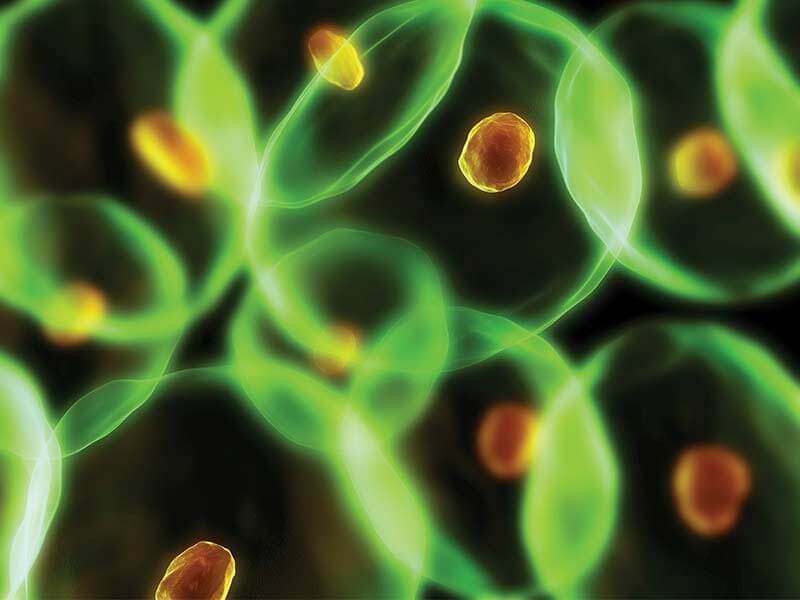 Great Scientific Ideas That Changed the World
Great Scientific Ideas That Changed the World
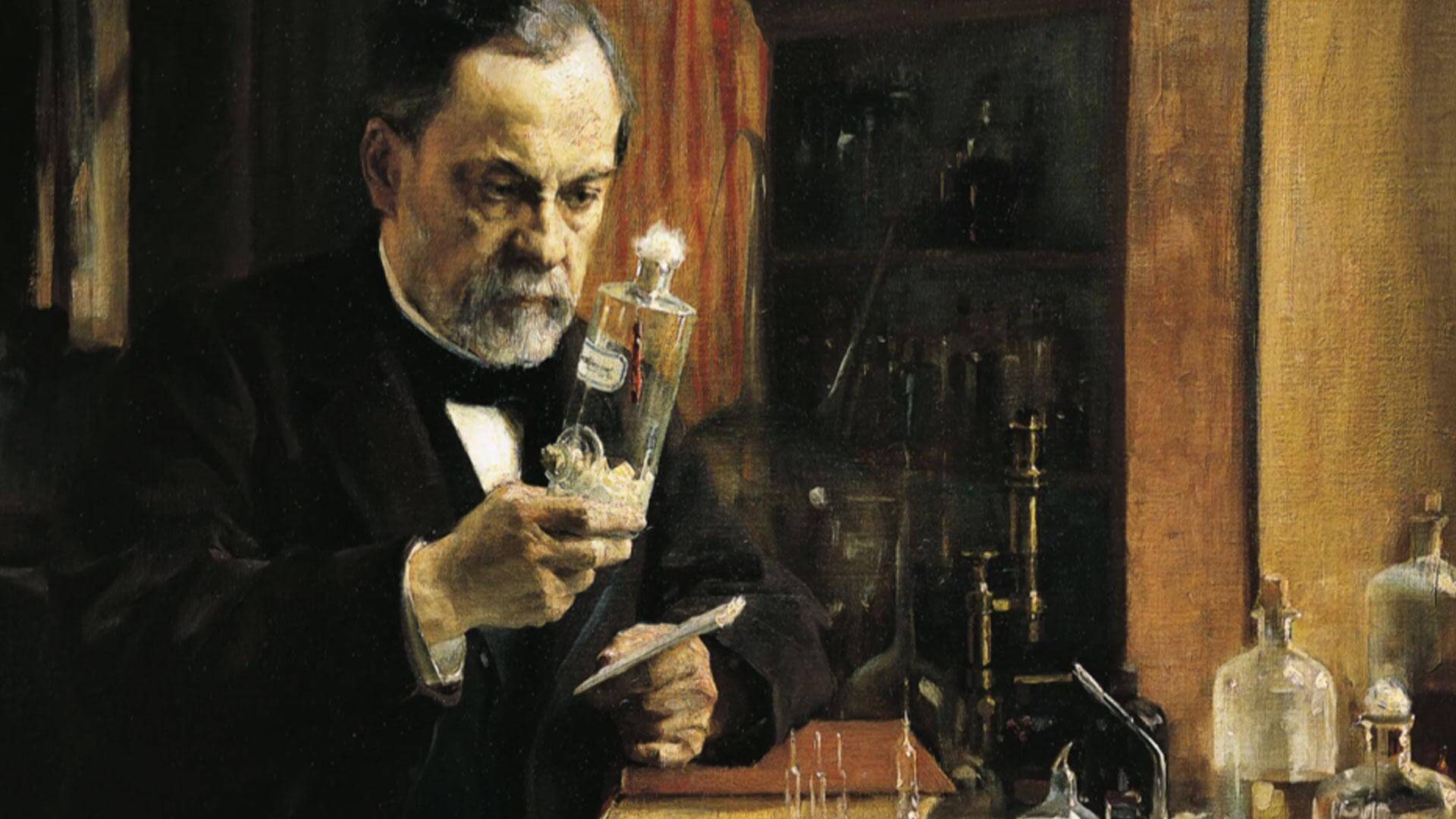 History of Science: 1700-1900
History of Science: 1700-1900
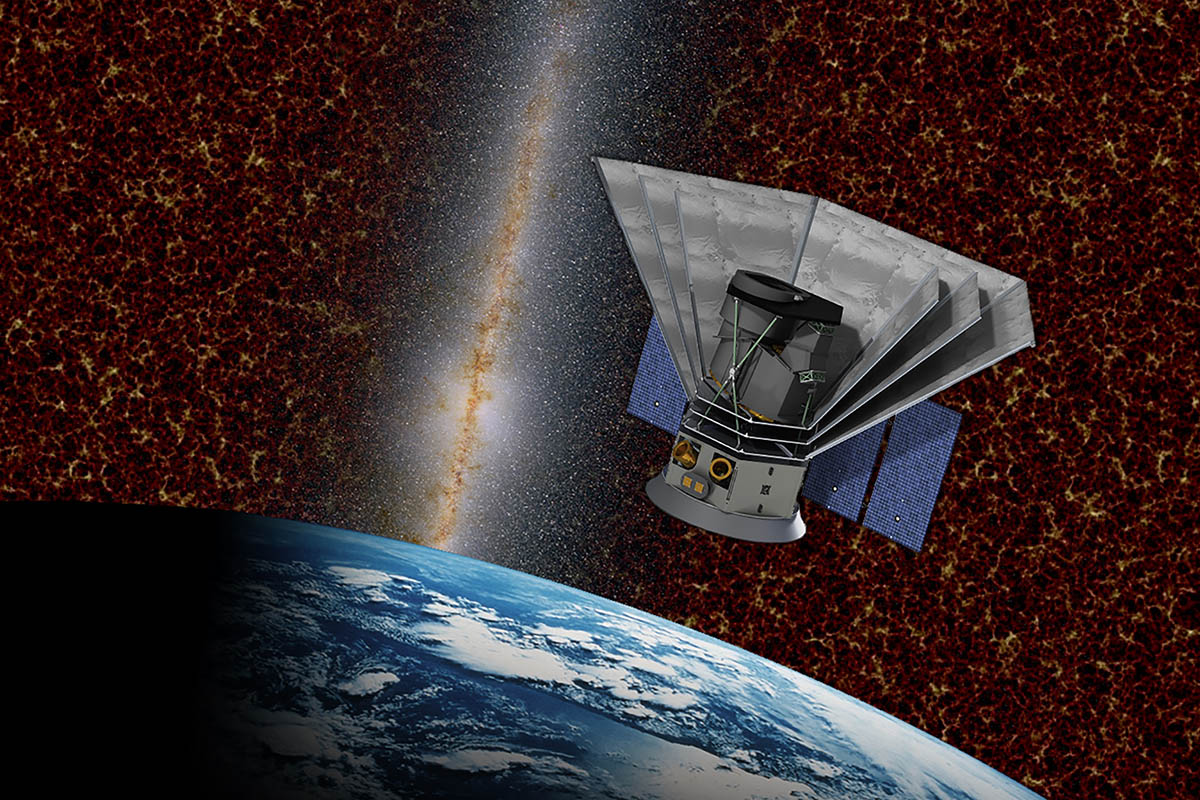 Big History, The Big Bang, Life on Earth and the Rise of Humanity
Big History, The Big Bang, Life on Earth and the Rise of Humanity
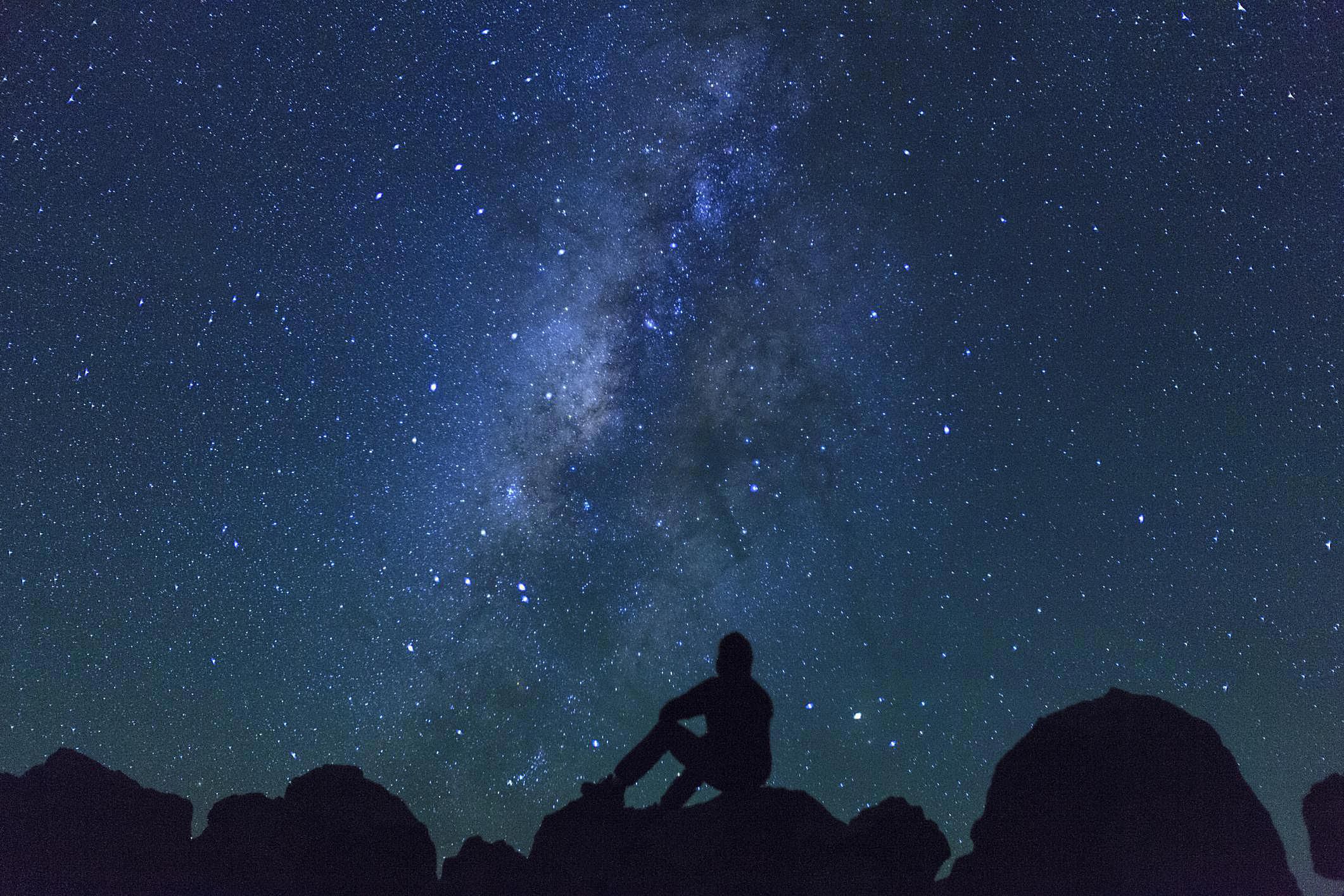 Understanding the Universe: An Introduction to Astronomy
Understanding the Universe: An Introduction to Astronomy
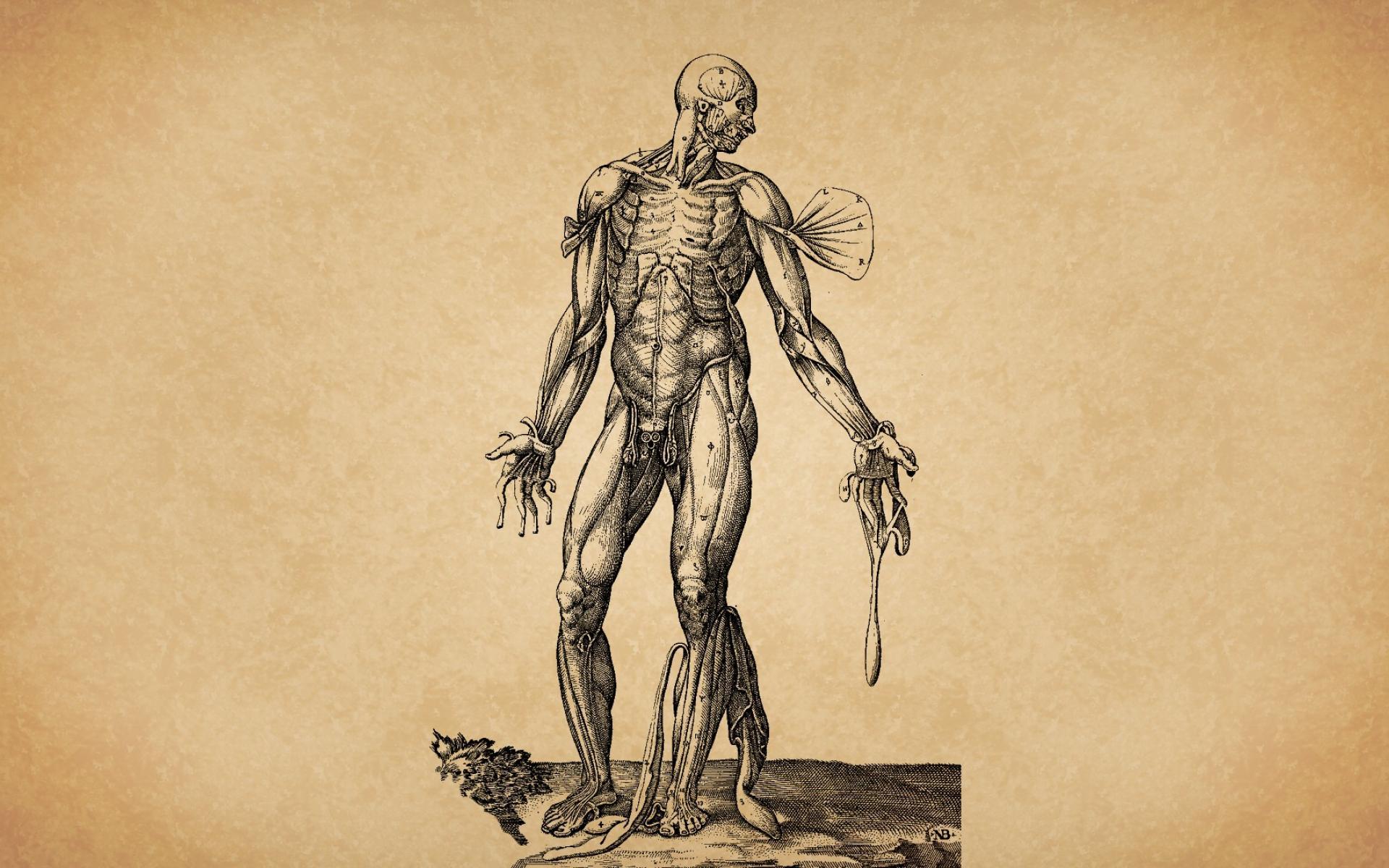 Understanding the Human Body: An Introduction to Anatomy and Physiology
Understanding the Human Body: An Introduction to Anatomy and Physiology
 Physics And Our Universe: How It All Works
Physics And Our Universe: How It All Works
